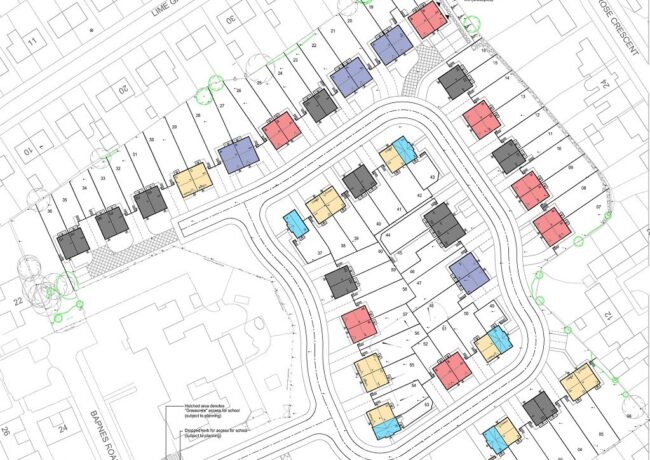Mulbury Homes collapsed owing £8m
Contract overruns, the increasing cost of raw material and labour and an uncertain outlook for construction all contributed to the Cheshire-based company’s demise, according to administrators.
Kroll, which was appointed as administrator over Mulbury Homes in February, has revealed the company owed a total of £8m to creditors at the time of its collapse.
Of this, £4.5m is owed to trade creditors and £1.6m is owed to lender Manchester Finance Company, according to Kroll’s administrator report.
In addition, Mulbury Homes owes a combined £744,000 to former employees and HMRC.
Another £1m is owed to other connected companies within the Mulbury Group, according to Kroll. Other group companies are unaffected by Mulbury Homes’ administration.
The administrators will now attempt to sell off Mulbury Homes’ assets to raise cash for creditors.
The main source of creditor funds could come from the disposal of five sites; two in Warrington and three others in Walton, Southport and Salford.
Kroll states there will be sufficient funds to pay “a distribution” to Mulbury’s secured creditor, Manchester Finance Company, but it is unclear at this stage if the lender will be repaid in full.
Meanwhile, the outlook for preferential creditors – the 42 staff made redundant and HMRC – is unclear, the administrator said.
There will be insufficient funds available to pay trade creditors, according to Kroll.
Mulbury’s collapse came as a result of “challenging economic conditions caused by the pandemic”, the administrators said.
Three developments in Skelmersdale, Winsford and Blackley were delayed due to Homes England deferring a funding cycle by six months as a result of the pandemic.
This delay had a cash flow impact of around £9m, according to Kroll.
As a result, “the company did not have any viable contracts to obtain the necessary funding in the short term to generate sufficient revenue to enable a period of trading”, Kroll said.




